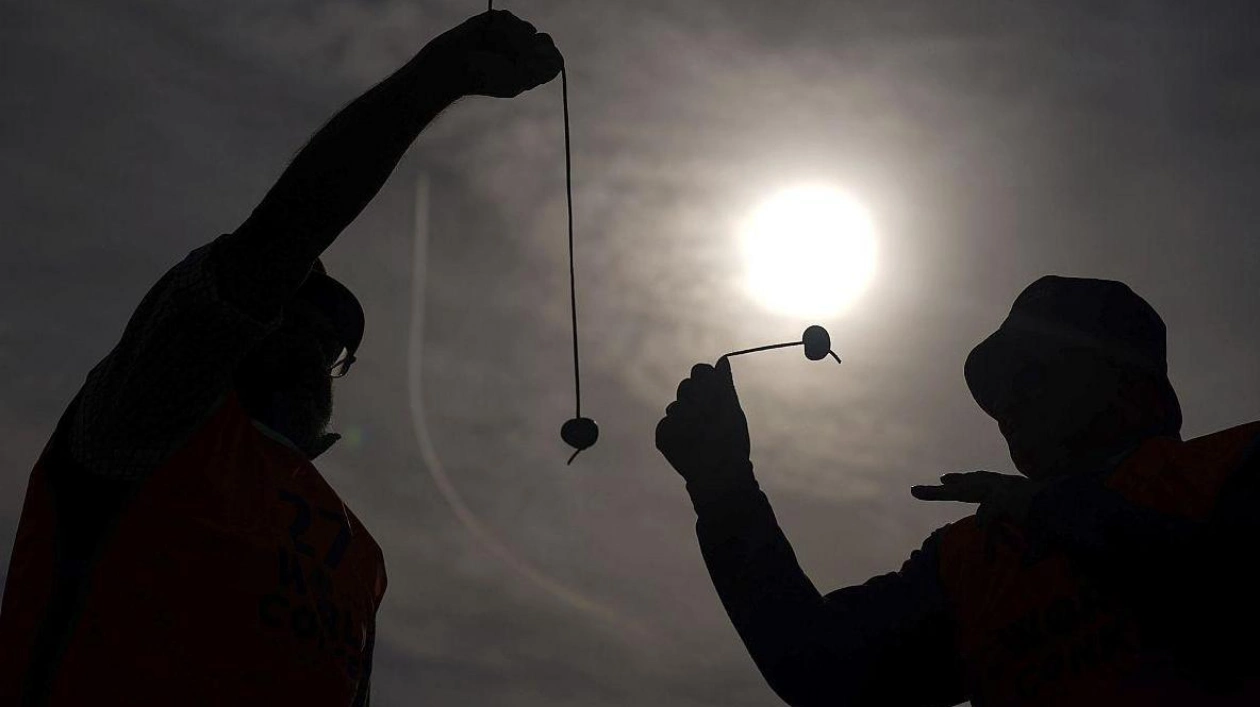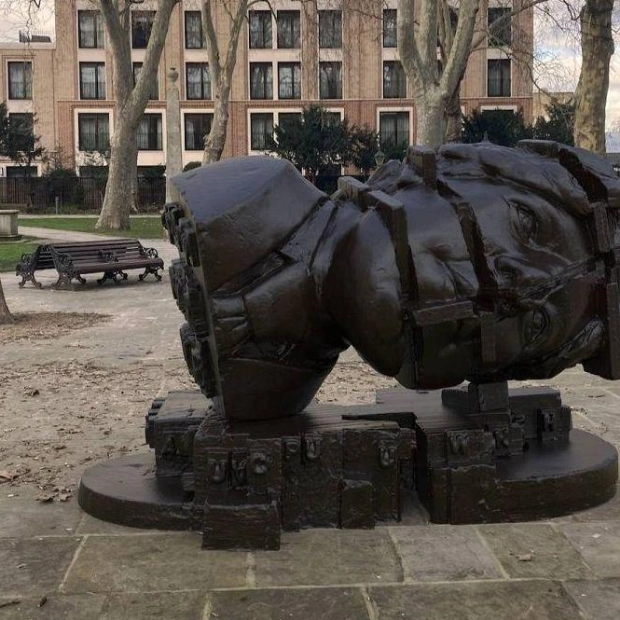The World Conker Championships has announced that it is looking into claims of cheating after this year's men’s winner was discovered to have a steel chestnut in his pocket. For those unfamiliar with this traditional children's game, conker fights, or simply 'conkers', involve using the seeds of horse chestnut trees, threading them onto a piece of string or a shoelace. Players then take turns striking each other’s conker until one breaks. The game's origins date back to 1848 on the Isle of Wight, and the World Conker Championships were established in 1965.
Over 200 enthusiasts participated in the annual competition last weekend in the village of Southwick, central England, with veteran player Dave Jakins, 82, emerging victorious in the men's tournament. However, organizers initiated an investigation following allegations that Jakins, known as King Conker since his debut in 1977, might have used a steel chestnut. The accusations were brought forward by Alastair Johnson-Ferguson, who lost in the men’s final against Jakins after his conker 'disintegrated in one hit,' according to The Telegraph.
Organizers confirmed that a steel conker was indeed found in Jakins' pocket. Although investigations are ongoing, they noted that it seemed improbable for him to have cheated under the watchful eyes of four judges. Jakins has vehemently denied the allegations. St John Burkett, a spokesperson for the World Conker Championships, stated, 'Allegations of foul play have been received, suggesting that King Conker swapped his real conker for the metal one later found in his pocket.' He added, 'He was closely monitored by four judges, making it virtually impossible for him to cheat. We are currently investigating.'
This year's World Conker Champion title was awarded to Kelci Banschbach, originally from Indianapolis. The 34-year-old was crowned 'queen conker' after defeating Jakins in the final, becoming the first American to win the prestigious title.






